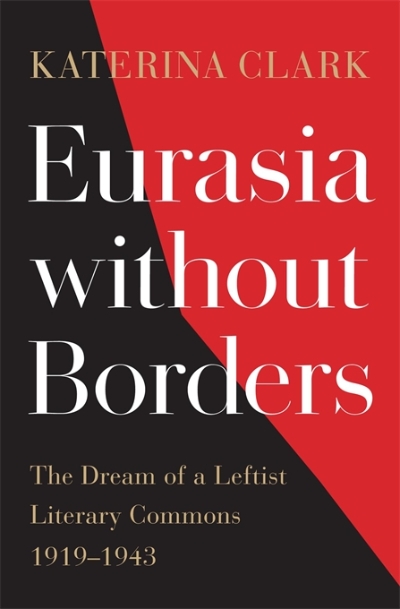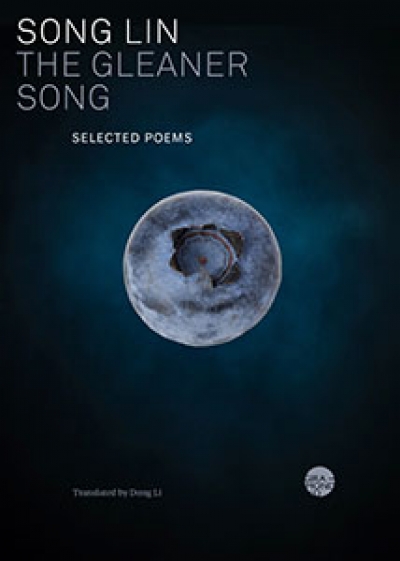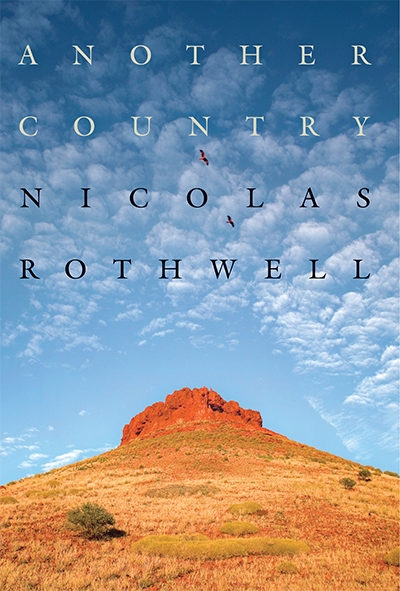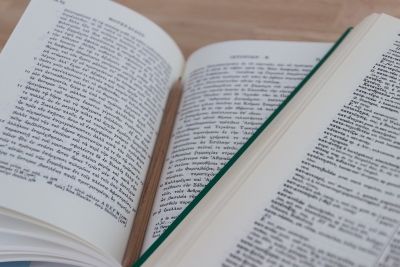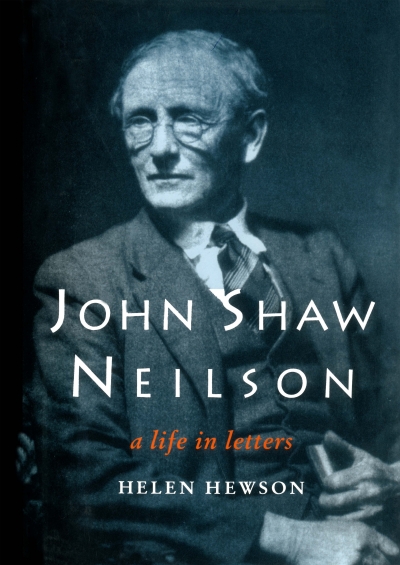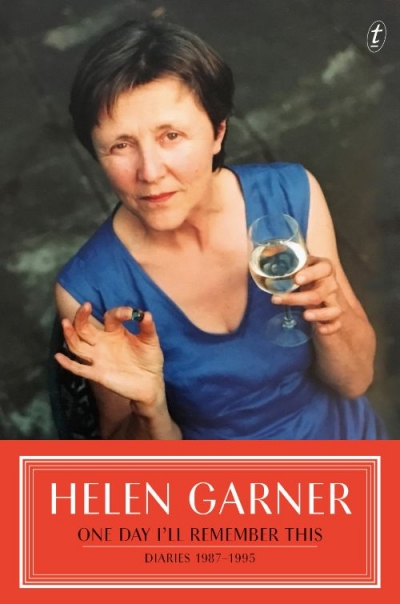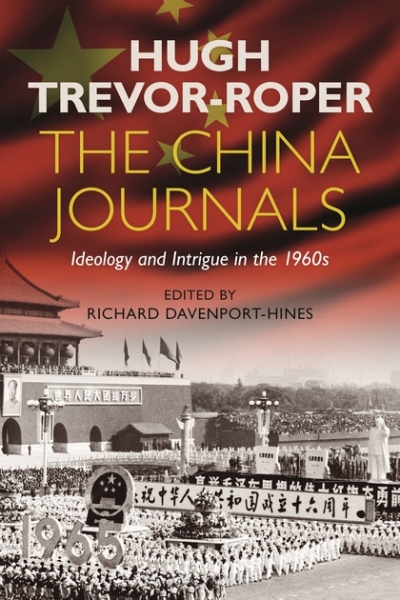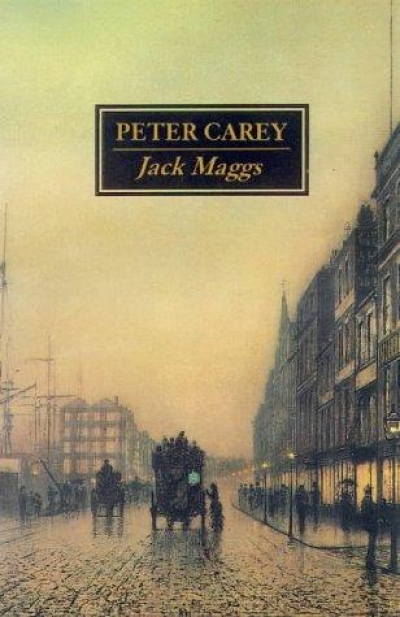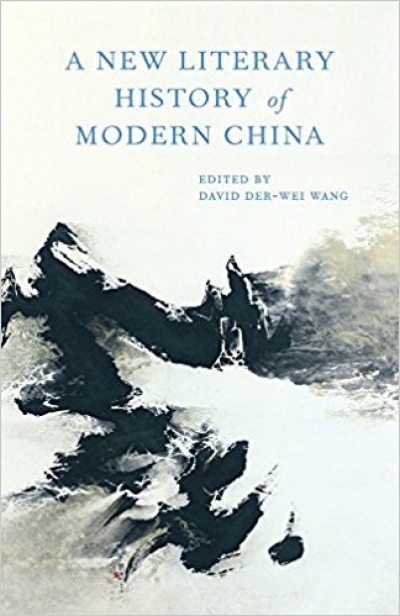Nicholas Jose

His seven novels and two collections of short stories include Paper Nautilus, The Red Thread and Original Face. His acclaimed memoir Black Sheep: Journey to Borroloola appeared in 2002. He was general editor of the Macquarie PEN Anthology of Australian Literature (2009) and has written widely on contemporary Australian and Asian art and literature. In 2002-05 he was President of Sydney PEN. He was Visiting Chair of Australian Studies at Harvard University, 2009-10, and is an adjunct professor with the Writing and Society Research Centre at the University of Western Sydney. He was Chair of Creative Writing at The University of Adelaide 2005-08, where he is now Professor of English and Creative Writing.
The Chinese poet is so often a wanderer and an exile. The tradition goes back to Qu Yuan (c.340–278 BCE), author of ‘Encountering Sorrow’, the honest official who was banished from court and drowned himself in a river, and it continues to our time. During the Sino–Japanese war (1937–45) a group of patriotic early Chinese modernists were displaced from their Beijing universities to an imp ... (read more)
The physiotherapist I saw for a pinched nerve in my back not long ago turned out to be an avid reader of fiction. She would work her way through the Booker shortlist each year. But she wouldn’t read Australian novels. As she pummelled my knotted flesh, I wondered if this was the right moment to admit that I was a person who wrote such things. She explained that, having moved to Australia from So ... (read more)
‘The nearest thing on earth to a Black Australian is a White Australian, and vice versa,’ observed novelist and poet Randolph Stow some years ago. Nicolas Rothwell might have pondered the idea on his more recent wanderings as northern correspondent for the Australian. His north is not simply geographical. It fans south and west from Darwin, and east as far as Arnhem Land. Its core is in the Ce ... (read more)
The world we live in provides us with a great deal of information that is not really intended to inform. We must be informed, for example, that a phone call is being recorded for training purposes. Thus language becomes an accessory to the black arts of spin, propaganda, manipulation and arse-covering. Words are twisted and violated, making it difficult to recover the meanings, the distinctions, t ... (read more)
How good is Shaw Neilson? The question has hung around ever since A.G. Stephens, publishing the poet’s first book, Heart of Spring, in 1919, prefaced it with comparisons to Shakespeare and Blake and declared this unknown to be the ‘first of Australian poets’. The claim provoked competitive jealousies in a possessive, parochial literary world and reviewers responded by insinuating doubts. The ... (read more)
‘Unerring muse that makes the casual perfect’: Robert Lowell’s compliment to his friend Elizabeth Bishop comes to mind as I read Helen Garner. She is another artist who reveres the casual for its power to disrupt and illuminate. Nothing is ever really casual for her, but rather becomes part of a perfection that she resists at the same time. The ordinary in these diaries – the daily, the di ... (read more)
When the Society for Anglo-Chinese Understanding (SACU) invited Hugh Trevor-Roper, Regius Professor of History at the University of Oxford, to visit China in 1965, he jumped at the chance. It was a decision that all parties concerned came to regret. The eminent historian had a terrible time in China, ‘that land of bigots and parrots’. He didn’t meet the right people. He found no intellectual ... (read more)
Peter Carey has constructed a labyrinth. Let me gropingly try to lead you through it. The year is 1837. A convict, transported to New South Wales for the term of his natural life, returns to London intent on finding the boy who years before did him a kindness. The boy, Henry Phipps, has grown up a gentleman, thanks to the money the convict, Jack Maggs, has regularly remitted from the colony. Now M ... (read more)
In his searching introduction to this immense volume, the editor, Harvard scholar David Der-Wei Wang, refers to the ‘architectonics of temporalities’ by which the project re-maps and re-chronicles Chinese literary history. A New Literary History of Modern China follows the model of the provocatively kaleidoscopic slice histories of French, German, and American literatures produced by Harvard U ... (read more)

